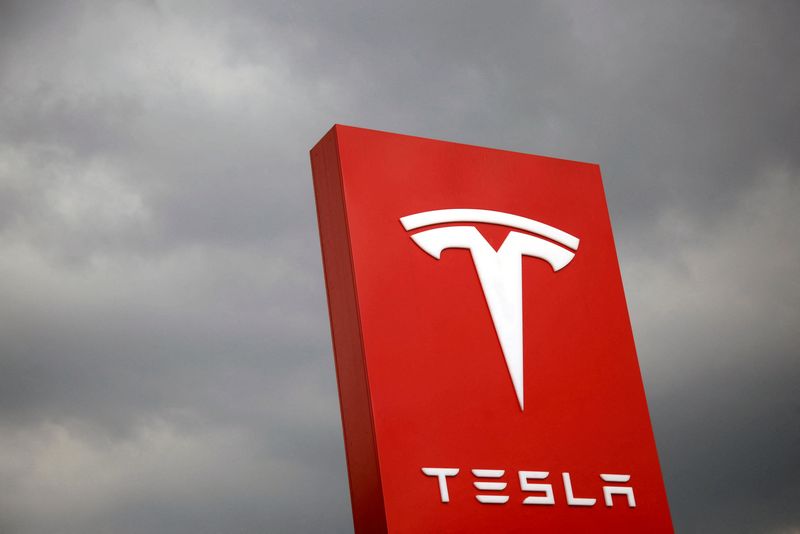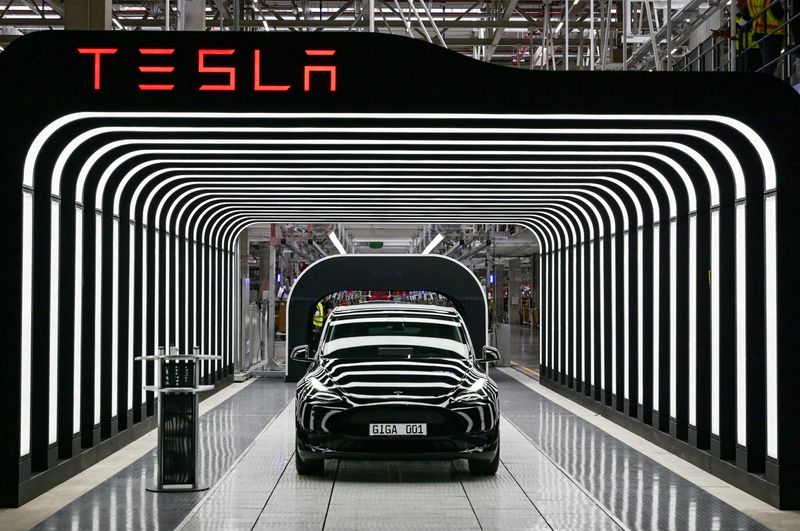(Reuters) - Electric vehicles (EVs) and full-size pickup trucks were the two most problematic categories in terms of reliability, Consumer Reports magazine's annual reliability survey showed on Tuesday, as Asian brands once again dominated overall rankings.
Hybrid vehicles and mid-sized or large sedans were among the most reliable, according to the survey.
The magazine's annual survey of new vehicle reliability predicts which cars will give owners fewer or more problems than their competitors, based on data collected. Its scorecard is influential among consumers and industry executives.
Tesla (NASDAQ:TSLA) Inc's EVs, on which Consumer Reports received the most data from owners, continue to face issues with body hardware, steering/suspension, paint and trim, and climate system, but their electric powertrains have very few problems, according to the survey.
However, Tesla improved its ranking by four places to No.19 this year, with Mercedes-Benz slipping five slots to rank the least reliable among all brands, the survey showed.
EV owners from other manufacturers reported charging and battery problems, as well as electric drive motor issues. Of the 11 EV models on which Consumer Reports has sufficient data, only four have average or "better predicted reliability".
The top-ranked brands in the survey were Toyota and Lexus, and seven of the ten best-scoring brands were from Japan and South Korea.
Among brands owned by Detroit automakers, Ford Motor (NYSE:F) Co's Lincoln was the only one in the top ten, securing 10th place.

All of General Motors Co (NYSE:GM)'s brands dropped in Consumer Reports' rankings, with Buick ranked highest at 11th. Among Stellantis' brands, Ram ranked highest at 16th.
Amid rising vehicle prices, 94% of prospective automobile buyers consider reliability to be "extremely" or "very" important, the survey showed.
